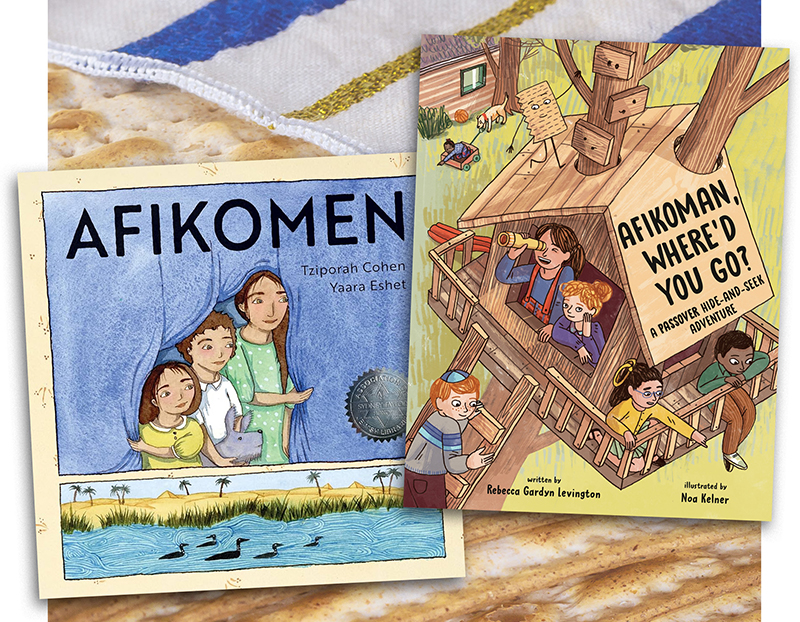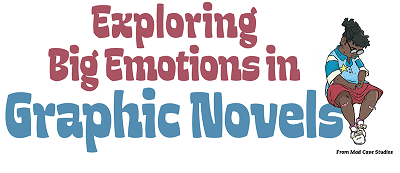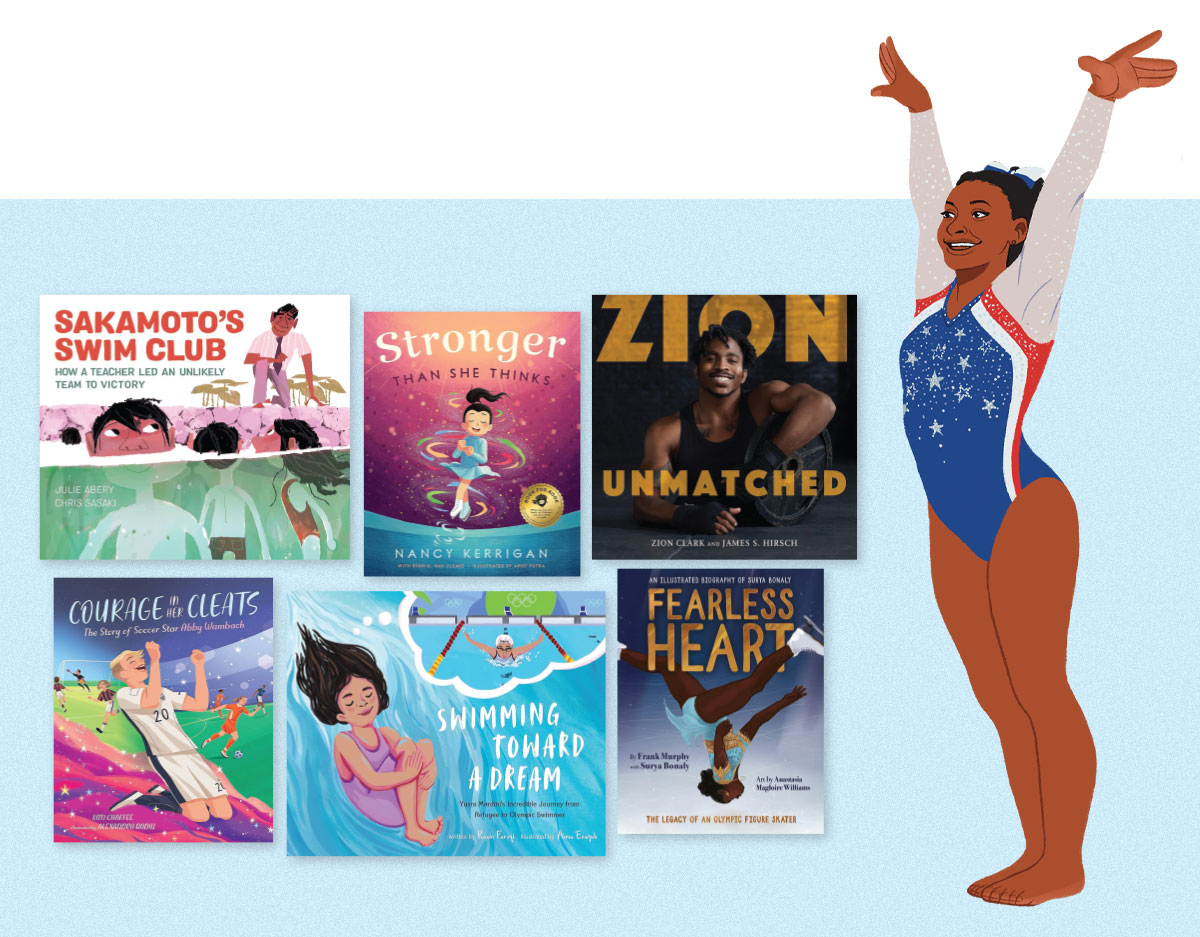Review of the Day: Farm by Elisha Cooper
 Farm
Farm
By Elisha Cooper
Orchard Books (an imprint of Scholastic)
$17.99
ISBN: 978-0-545-07075-1
Ages 5-10
On shelves now
As a children’s librarian living in New York City, I get a really skewed view of the world. For example, a book like Christoph Niemann’s Subway will get released and all the children I see are hugely into it. For them, the subway is a part of life and that book shows them what they already know. What I have to remind myself is that Manhattan children, for all their charms, are aberrations. Lots of kids in the United States haven’t a clue what a working subway system looks or feels like. So when a book like Farm falls into my lap my brain has to do a 180 in the opposite direction. Lots of city kids have never been to a real working farm before. They understand them in the vaguest of senses. Growing up they learned that animals lived on the farm with a moo moo here and a baa baa there. Actual working farms, however, are the kinds of things you see outside your car window on your way from one part of the country to another. They are near magical places. All that land. All that sky. That’s why I’m delighted that a book like Farm even exists. It has a twofold purpose. For kids who have never experienced a farm firsthand, it provides a glimpse into a world as different and magical as any fantasy land. And for kids who already have a working knowledge of farms and the countryside, the book is a magnificent mirror that takes the practical beauty of their everyday lives and spins it into storytelling gold.
We begin in that time when spring has only started to make some headway against winter. When the days start to warm up but the fields are just a mass of brown dirt. We meet the equipment, the family, the hired hands, and the animals. We watch the tiller turn the soil, “the fields change from the color of milk chocolate to the color of dark chocolate.” We see seeds being planted, rains come, and crops grow. We meet the cats and the cows, and follow the family into town on occasion. There are summer nights and days and kids going back to school once again. To crops come in, the winter falls, and it’s all in the life of a single farm.
ADVERTISEMENT
ADVERTISEMENT
 Kids love process. Not all kids, but a lot of them. They like to know how things are made and how things come to be. Farm, in a sense, is all about process, but it doesn’t get hung up on the concept. So you’ll learn about different kinds of farms, how tractors work, and what the various seasons resemble. But you’ll also see the downtime of the farmer and his kids. They go to town and chat with neighbors. The boy amuses himself by throwing tomatoes at birds or building forts out of straw. The girl, who is getting older, spends time reading books or staying away from home more and more often. Best of all, kids these days have a tendency to think that farming is an occupation of the past. So this book works in current technology without making it so prominent that the book will date anytime soon. A broken tractor means that a farmer has to call a neighbor on his cell to get it fixed. Much later during the harvesting “The farmer checks the corn’s yield on his computer and talks with other farmers on his cell phone.” And during a nighttime shot where the text reads, “On the farm, even when it’s dark, some animal is always awake”, in the distance is someone in the house working on a computer screen of some sort.
Kids love process. Not all kids, but a lot of them. They like to know how things are made and how things come to be. Farm, in a sense, is all about process, but it doesn’t get hung up on the concept. So you’ll learn about different kinds of farms, how tractors work, and what the various seasons resemble. But you’ll also see the downtime of the farmer and his kids. They go to town and chat with neighbors. The boy amuses himself by throwing tomatoes at birds or building forts out of straw. The girl, who is getting older, spends time reading books or staying away from home more and more often. Best of all, kids these days have a tendency to think that farming is an occupation of the past. So this book works in current technology without making it so prominent that the book will date anytime soon. A broken tractor means that a farmer has to call a neighbor on his cell to get it fixed. Much later during the harvesting “The farmer checks the corn’s yield on his computer and talks with other farmers on his cell phone.” And during a nighttime shot where the text reads, “On the farm, even when it’s dark, some animal is always awake”, in the distance is someone in the house working on a computer screen of some sort.
Cooper keeps his descriptions spare and to the point. There’s a poetry to his language here. With the shortest of sentences you know more than even he is telling you. Without saying that the boy in the story is a bit of a troublemaker, Cooper tells you as much. Without describing the fact that the girl is becoming a teenager, we get that distinct impression. And then there are passages that just take you into the story completely. After a surprise storm the book says, “Sheets of water sweep the farm, hammering roofs and rattling windows. And then it is over. The corn all bends in one direction as if to say, The storm went that way.” And if Cooper doesn’t show that image, it’s because he doesn’t have to. It’s already deeply embedded in your mind.
 It took me a long time before I realized what Mr. Cooper’s style reminded me the most of. As a kid, I had a penchant for Anno’s books. These were wordless epics. Sort of proto Where’s Waldo? spreads where recurring characters could crop up, disappear, and then show themselves once more. Anno had an ability to capture the complex with the simplest of lines. Cooper shares that talent. In this book, objects, people, and animals are sometimes rendered with just the barest squiggle of paint. A chicken pecking is just a single continuous line with some watercolor spotted in. A cat cleaning herself is a perfect curved angle of head against body. As for the humans themselves, in many ways they are the least detailed creatures in this book. Cooper realizes that a human brain, when reading this book, is going to make the connections necessary to recognize that this three-quarter black outline with the faintest shadings for pants and hair is, in fact, another human. Other drawings require more work because our minds are disinclined to make those connections. The roosters, for example, come off as some of the most beautifully detailed animals in the book (note the cover). So there’s definitely a logic to what Cooper does and does not detail intricately. And looking back at previous books of his like Beach, you can see he’s been perfecting the style for years.
It took me a long time before I realized what Mr. Cooper’s style reminded me the most of. As a kid, I had a penchant for Anno’s books. These were wordless epics. Sort of proto Where’s Waldo? spreads where recurring characters could crop up, disappear, and then show themselves once more. Anno had an ability to capture the complex with the simplest of lines. Cooper shares that talent. In this book, objects, people, and animals are sometimes rendered with just the barest squiggle of paint. A chicken pecking is just a single continuous line with some watercolor spotted in. A cat cleaning herself is a perfect curved angle of head against body. As for the humans themselves, in many ways they are the least detailed creatures in this book. Cooper realizes that a human brain, when reading this book, is going to make the connections necessary to recognize that this three-quarter black outline with the faintest shadings for pants and hair is, in fact, another human. Other drawings require more work because our minds are disinclined to make those connections. The roosters, for example, come off as some of the most beautifully detailed animals in the book (note the cover). So there’s definitely a logic to what Cooper does and does not detail intricately. And looking back at previous books of his like Beach, you can see he’s been perfecting the style for years.
 In books like Beach, the star is the setting. That’s certainly the case for Farm as well. Only the cats, the dog, and the roosters in this book have names. The humans do not, and they are referred to in only the vaguest of terms (The Farmer, the boy, the girl, etc.). It’s the farm itself that you’re meant to focus on. Cooper allows himself a variety of sweeping panoramas at different times of year or during different weather patterns. You see the farm from a variety of different angles too, which I appreciated. And considering the sheer amount of open sky, it’s a pleasure to look at the farm when there are fast moving clouds or storm or even at night when there are just stars. In fact, if you look at the starlit scene closely, you can see that Cooper has worked in some real constellations. I could make out the Great Dipper and Orion’s Belt without any difficulty. That’s a detail that most artists wouldn’t bother with, so I am grateful to him for taking the time.
In books like Beach, the star is the setting. That’s certainly the case for Farm as well. Only the cats, the dog, and the roosters in this book have names. The humans do not, and they are referred to in only the vaguest of terms (The Farmer, the boy, the girl, etc.). It’s the farm itself that you’re meant to focus on. Cooper allows himself a variety of sweeping panoramas at different times of year or during different weather patterns. You see the farm from a variety of different angles too, which I appreciated. And considering the sheer amount of open sky, it’s a pleasure to look at the farm when there are fast moving clouds or storm or even at night when there are just stars. In fact, if you look at the starlit scene closely, you can see that Cooper has worked in some real constellations. I could make out the Great Dipper and Orion’s Belt without any difficulty. That’s a detail that most artists wouldn’t bother with, so I am grateful to him for taking the time.
The first thing you see when you open this book are the reddish pink endpapers. They are fields from above, much as you might see while traveling in an airplane. It occurs to me that this book would make ideal airplane reading for those kids who only ever see the countryside from a height of more than 5,000 feet. I won’t say that this book is for every child out there. There’s a slow patient pace to it that may not jive with kids who need books to capture their interest every waking moment. But for the kid that is curious, that likes a title to take them into another world, or who just needs something a little more realistic than usual, Farm is a gift. There’s a beauty to it that cannot be beat. For some, this book will be loved and treasured. Remembered and put away for another generation to discover. It’s the best farm book, the best realistic farm book, I have ever read for kids.
On shelves now.
Source:
- Final copy sent from publisher for review.
Other Blog Reviews:
- Pink Me
- Shelf Elf
- The Dirigible Plum
- A Year of Reading
- Rated By Kids
- Best Tools for Schools
- Reading Ahead Journal
- Sal’s Fiction Addiction
- DadTalk
- PB&J
- XX Factor
- Young Readers
- Publishers Weekly’s starred review
- The Washington Post
- School Library Journal
- Fredericksburg.com
- USA Today
- Chicago Tribune
- The Montreal Gazette
Other Reviews:
Interviews:
- Publishers Weekly had a Q & A with Elisha Cooper.
- He also spoke at You Know, for Kids.
Awards:
- The book is already the 2010 Gold Winner of the National Parenting Publications Awards.
- It was also included in PW’s Best Children’s Books 2010.
Misc:
- I would be remiss if I didn’t insist that you IMMEDIATELY read the Seven Impossible Things Before Breakfast post Visiting the Farm with Elisha Cooper. Sketches and photos of Cooper as a kid and every question this book might engender.
Filed under: Best Books of 2010, Reviews
About Betsy Bird
Betsy Bird is currently the Collection Development Manager of the Evanston Public Library system and a former Materials Specialist for New York Public Library. She has served on Newbery, written for Horn Book, and has done other lovely little things that she'd love to tell you about but that she's sure you'd find more interesting to hear of in person. Her opinions are her own and do not reflect those of EPL, SLJ, or any of the other acronyms you might be able to name. Follow her on Twitter: @fuseeight.
ADVERTISEMENT
ADVERTISEMENT
SLJ Blog Network
The Moral Dilemma of THE MONSTER AT THE END OF THIS BOOK
K is in Trouble | Review
Fighting Public School Book Bans with the Civil Rights Act
ADVERTISEMENT








Every time I pick up this book I am impressed all over again. It has such a sensory quality – all that air – it’s like the space around your head changes and gets bigger as you read. And the text is like little phrases dropped in a well. I don’t buy many picture books, but I bought this one. For myself, not even for my kids.
I’m glad you reviewed this book. I had two thoughts after reading it–the first was, “Wow” and the second was “Betsy Bird would love this.”